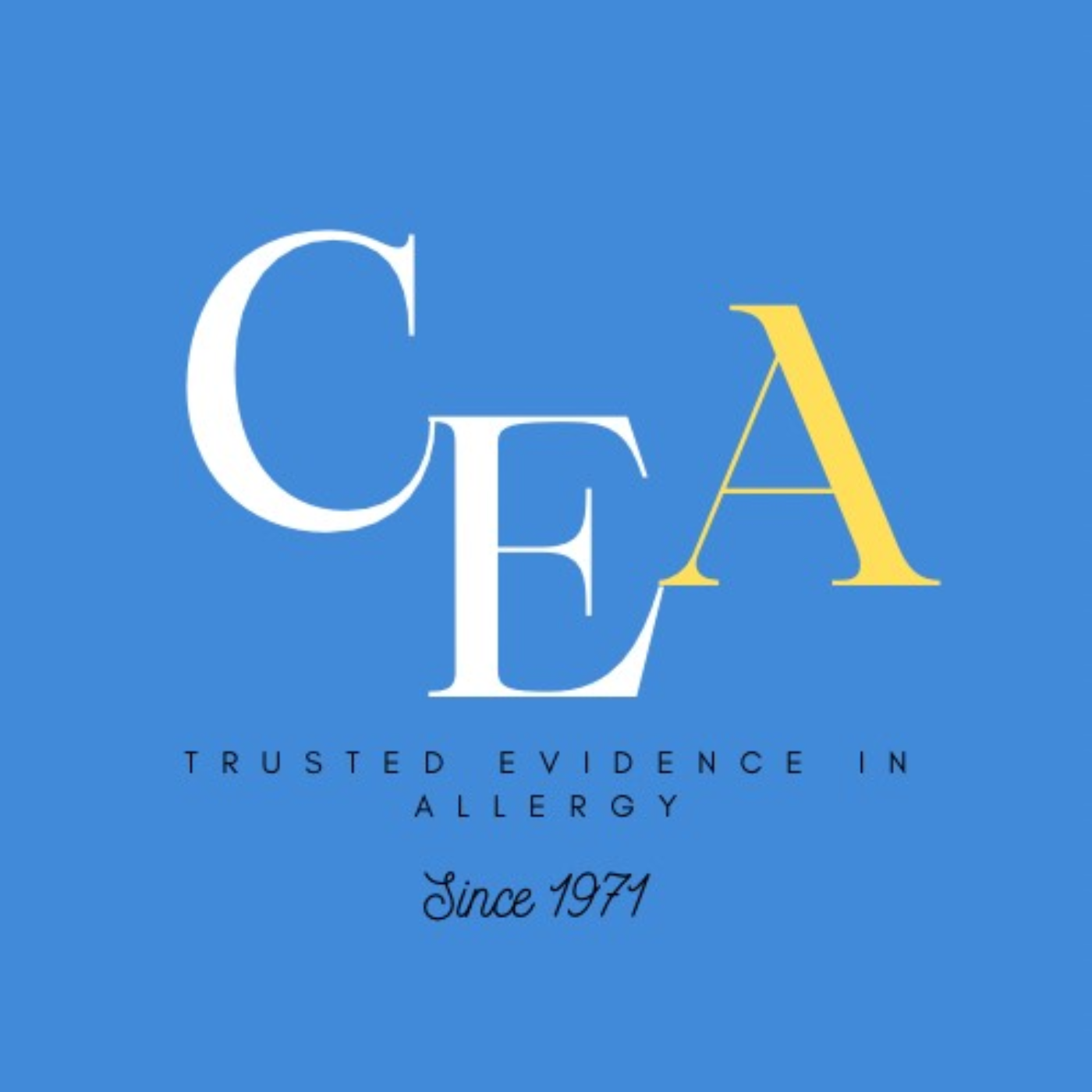Clinical and Experimental Allergy – Prof Mo Shamji and Dr Boyle

Clinical and Experimental Allergy - Prof Mo Shamji and Dr Boyle
Podcast Description
Summary
This conversation highlights the significant contributions of the Clinical and Experimental Allergy (CEA) journal to the field of allergy research and clinical practice. The hosts and Editors-In-Chief discuss the journal’s achievements, including advancements in allergy diagnosis, innovative treatments, and a focus on patient-centric research. They also outline future directions for the journal, emphasising collaboration and accessibility in allergy research.
Takeaways
- CEA is a leading publication in allergy and immunology.
- The journal publishes groundbreaking research on allergy mechanisms.
- Innovative diagnostic methods are a focus of CEA’s contributions.
- Promising new treatments, including biologics, are showcased.
- Food allergy research informs better management practices.
- Environmental factors influencing allergies are examined.
- Patient-reported outcomes are prioritised in research.
- The journal’s Impact Factor has reached a record high.
- Future plans include enhancing author support and engagement.
- Collaboration with patient organisations is a key focus for CEA.
Podcast Insights
Content Themes
The podcast focuses on allergy research advancements, innovative treatments, and patient-centered care with episodes covering chronic cough mechanisms, treatment adherence in allergic rhinitis, and the role of inflammasomes in asthma pathogenesis.

Summary
This conversation highlights the significant contributions of the Clinical and Experimental Allergy (CEA) journal to the field of allergy research and clinical practice. The hosts and Editors-In-Chief discuss the journal’s achievements, including advancements in allergy diagnosis, innovative treatments, and a focus on patient-centric research. They also outline future directions for the journal, emphasising collaboration and accessibility in allergy research.
Takeaways
– CEA is a leading publication in allergy and immunology.
– The journal publishes groundbreaking research on allergy mechanisms.
– Innovative diagnostic methods are a focus of CEA’s contributions.
– Promising new treatments, including biologics, are showcased.
– Food allergy research informs better management practices.
– Environmental factors influencing allergies are examined.
– Patient-reported outcomes are prioritised in research.
– The journal’s Impact Factor has reached a record high.
– Future plans include enhancing author support and engagement.
– Collaboration with patient organisations is a key focus for CEA.
The Clinical & Experimental Allergy Journal presents a special podcast episode celebrating the August 2025 issue, dedicated to “Allergy in China.” Hosted by Professor Mo Shamji, a leading immunologist and Co-Editor-in-Chief of the journal, this episode features three distinguished authors whose groundbreaking research sheds light on allergy trends, challenges, and innovations across China.
Featured Guests & Discussion Highlights:
Professor Gary Wong
A renowned expert in paediatric allergy and respiratory medicine, Professor Wong discusses his paper “Early Origins of Asthma and Allergies: Clues from Studies in China.” He elaborates on why early-life longitudinal studies are vital for unraveling how urbanization, pollution, diet, and genetics influence asthma and allergy development. The discussion highlights actionable advice for parents and public health officials to reduce early childhood risks and points to urgent research needs amid China’s rapid environmental changes.Dr Agnes Sze-Yin Leung
Specialising in paediatric immunology and allergy, Dr Leung shares insights from “Food Allergy in Children in China.” She explains regional differences in allergy rates, development of common allergens by age, and how diet and genetics may shape these trends. Dr Leung underscores critical gaps in diagnosis, access to care, and emergency preparedness, alongside promising public health initiatives improving food labelling, awareness, and family support.Dr Philip Li
Focusing on drug allergy and immunological disorders, Dr Li reflects on “Hereditary Angioedema in China: Advancing Awareness, Access, Advocacy and Alliances from the Greater Bay Area to the Global HAE Community.” He details the success of the innovative “4As” strategy—awareness, access, advocacy, and alliances—and the positive impact of education and outreach programs in raising HAE diagnosis and care standards. The conversation also explores ongoing diagnostic challenges and the growing role of cross-border collaborations in driving progress.
Podcast takeaways:
This special podcast provides a comprehensive exploration of allergy science and clinical care in China, capturing the dynamic interplay between increasing urbanization, diverse environmental exposures, genetic factors, and evolving healthcare systems. Listeners will gain valuable perspectives on both the population-level epidemiology and individual patient experiences shaping China’s allergy landscape. The discussions emphasize critical needs: timely diagnosis, improved access to specialized care, enhanced public education, and multisectoral collaboration to advance prevention and management strategies. This episode offers practical insights useful for clinicians, researchers, policymakers, and families dedicated to improving allergic disease outcomes in rapidly changing settings.
Tune in to hear expert perspectives on the latest allergy research and the future of care in China’s diverse communities.

Disclaimer
This podcast’s information is provided for general reference and was obtained from publicly accessible sources. The Podcast Collaborative neither produces nor verifies the content, accuracy, or suitability of this podcast. Views and opinions belong solely to the podcast creators and guests.
For a complete disclaimer, please see our Full Disclaimer on the archive page. The Podcast Collaborative bears no responsibility for the podcast’s themes, language, or overall content. Listener discretion is advised. Read our Terms of Use and Privacy Policy for more details.